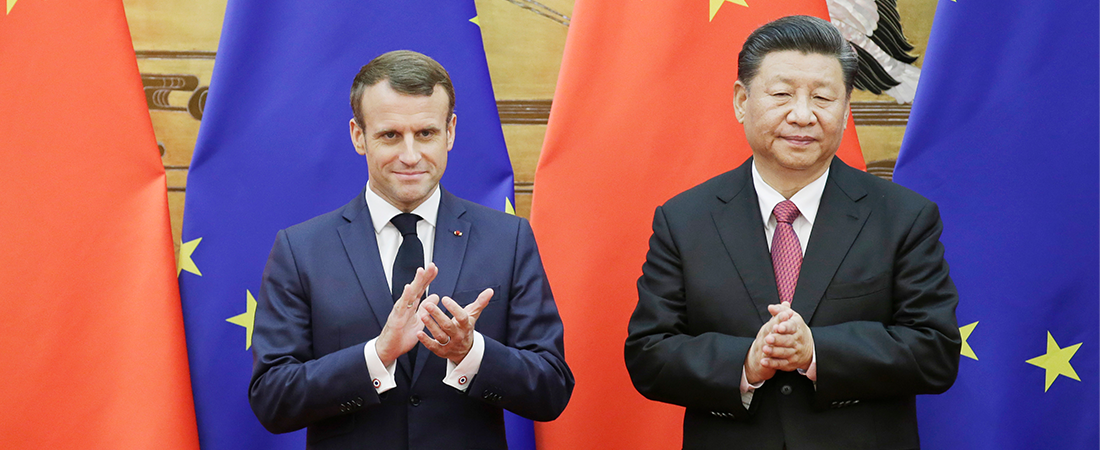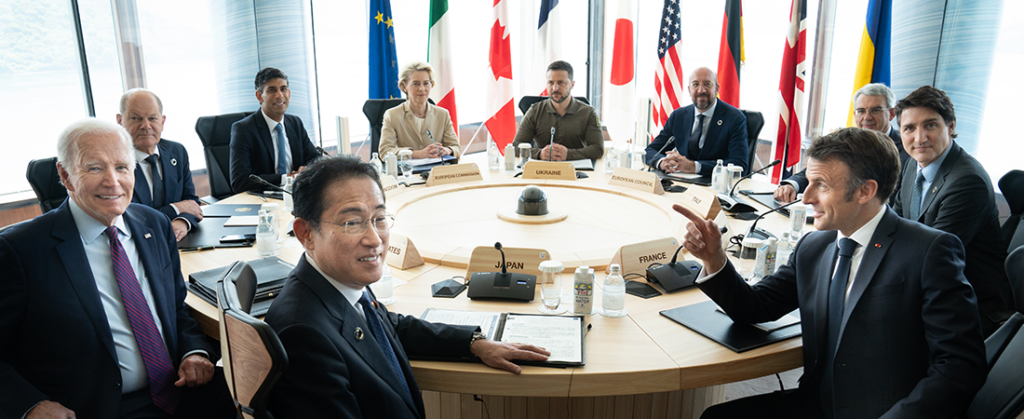G7 Foreign ministers meet in Japan
What happened: The foreign ministers of the Group of Seven countries opened a three-day meeting in the central Japanese town of Karuizawa. This meeting is one of a series of meetings being hosted by Japan in the run-up to the Hiroshima Summit in May. The main discussion topics during this summit include the Russia-Ukraine War and the geopolitical situation in Indo-Pacific. Disarmament and non-proliferation were also discussed.
What’s next: At the end of the meetings, the ministers issued a joint statement, highlighting the need for a united front in tackling geopolitical issues in the Indo-Pacific region and in intensifying and fully enforcing sanctions on Russia as its invasion of Ukraine continues. Japan is the only Asian member in the G7 and hopes to use the foreign ministers’ joint statement as a blueprint for the summit happening next month in Hiroshima.
Landmark hearings on legalising same-sex marriages in India
What happened: India has made significant strides in advancing LGBTQ+ rights in the country in recent years, with the Supreme Court finally decriminalising homosexuality in a ruling in 2018. Having said that, same-sex marriage remains illegal in the country and is largely seen as a taboo topic. In April, the Indian Supreme Court began hearing a series of petitions from 18 LGBTQ+ couples asking for the legal recognition of same-sex marriages. The focus is to amend the Special Marriage Act of 1954 to include marriages between LGBTQ+ individuals.
What’s next: Headed by Chief Justice DY Chandrachud, the five-judge Supreme Court, has been debating the issue. He has termed this as a matter of “seminal importance” to India. If the court rules in favour of the petitioners, India will become the first country in South Asia, and the second country in Asia after Taiwan, to legalize same-sex marriage. While the discussion continues, a final verdict is expected in the coming few months.
The current situation in Myanmar
What happened: Two years after the coup d’état in Myanmar, the country remains in a state of unrest. In April, the Myanmar military carried out a deadly air attack on a community hall in central Sagaing, killing at least 50 people. A spokesman for the military confirmed the raid stating that the security forces attacked an opening ceremony for an office of an alleged militia group opposed to their rule. As the situation in the country worsens, it also saw a surprise visit from former U.N. Secretary-General Ban Ki-moon on behalf of “The Elders”, a group of elder statesmen that engages in peace-making and human rights initiatives around the world.
What’s next: ASEAN, the United Nations, the United States, and others have strongly condemned this attack. ASEAN had set up a 5-point peace plan after the coup takeover, but there has been little progress in this regard. Ban Ki-moon’s visit was reported by state television MRTV, it said they exchanged views on the situation in Myanmar in a friendly and positive manner, but it did not report any specific details of the meeting. The South Korean embassy stated that they were not involved with this meeting. The Myanmar military has also announced plans to release 3,113 prisoners, including 98 foreigners, to mark the country’s traditional New Year. A spokesman for the military said that the amnesty is a “celebration of Myanmar’s New Year to bring joy for the people and address humanitarian concerns”.
Emmanuel Macron’s state visit to China
What happened: French President Emmanuel Macron made a state visit to China in the month of April. He visited universities and discussed diplomatic relations with President Xi Jinping. A report quoted, “ From Beijing to Guangzhou, I have met students who are learning our language, enthusiastic and dynamic young people, entrepreneurs keen to innovate, and artists inspired by France. There is so much for us to do together. Long live the friendship between China and France,”
What’s next: After Macron’s three-day visit to China, Macron stated that Europe should not accelerate the conflict between Taiwan and China, instead it should take the time to build its position as a third pole between China and the United States. Newspapers quoted him as saying, “The worst thing would be to think that we Europeans must become followers on this topic and adapt to the American rhythm or a Chinese overreaction”. This brought criticism from some politicians and commentators in Europe and the United States.




